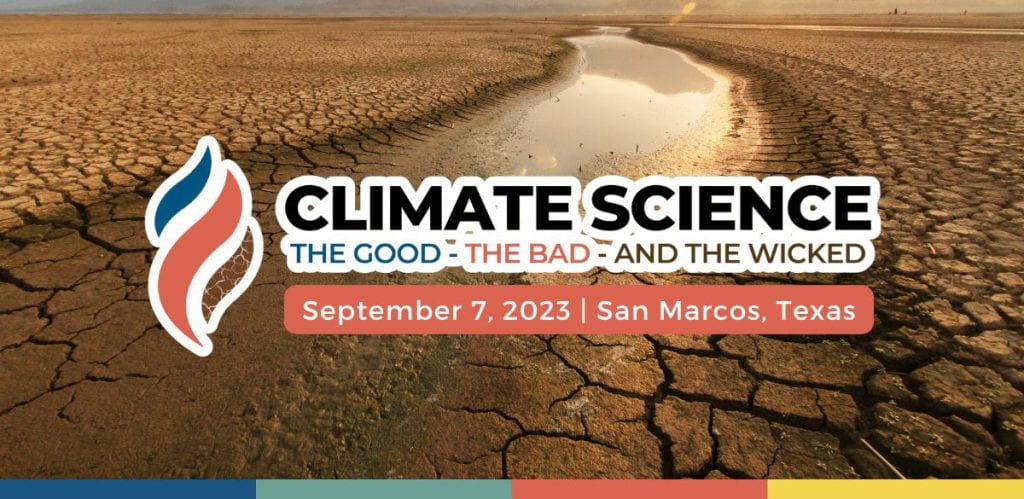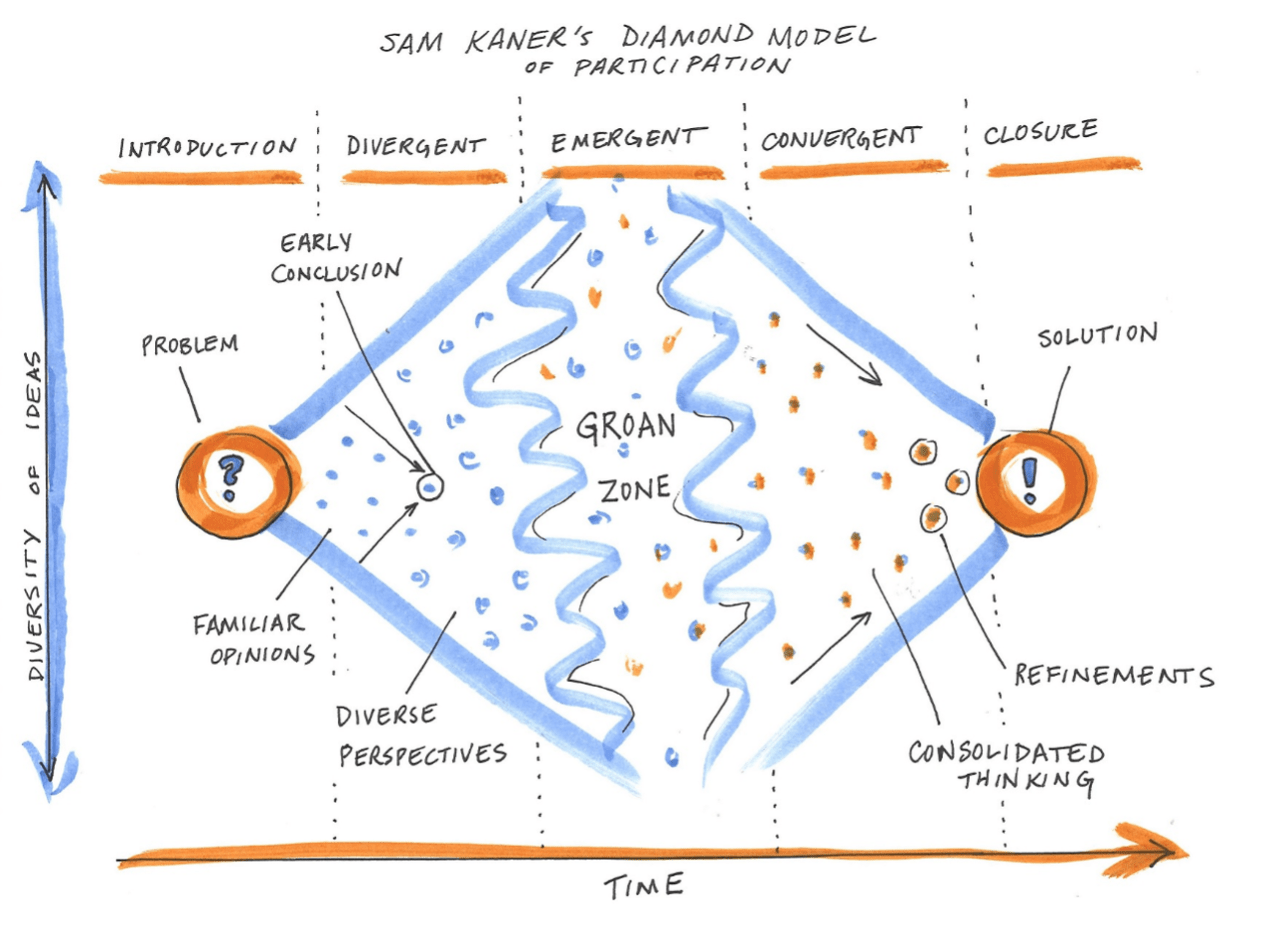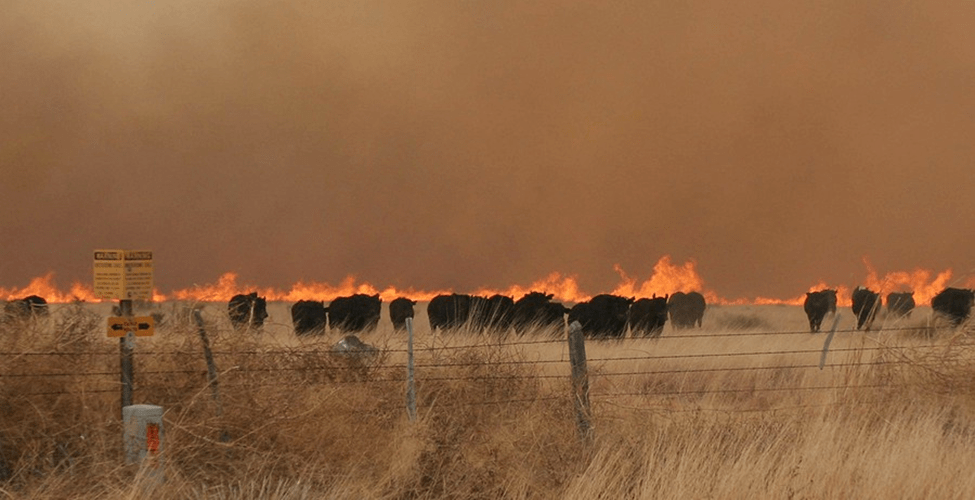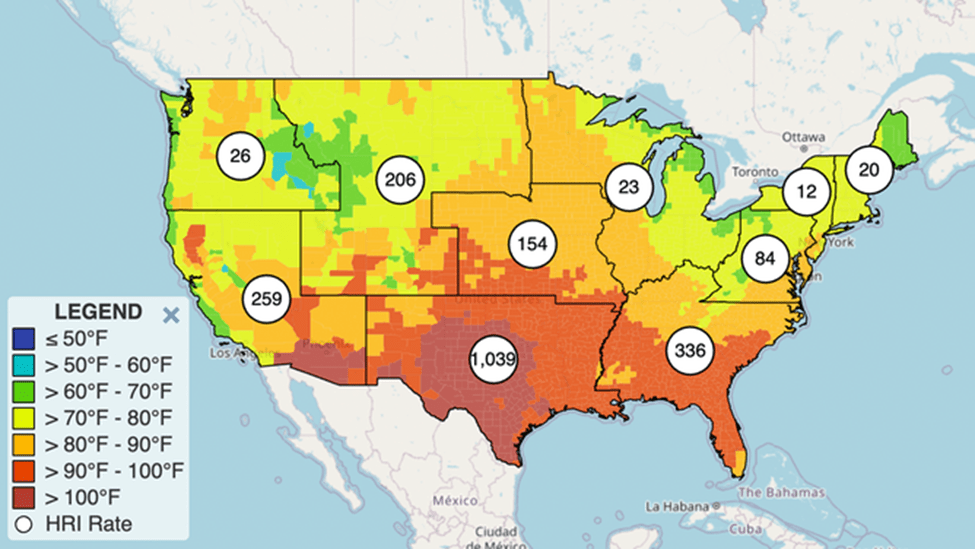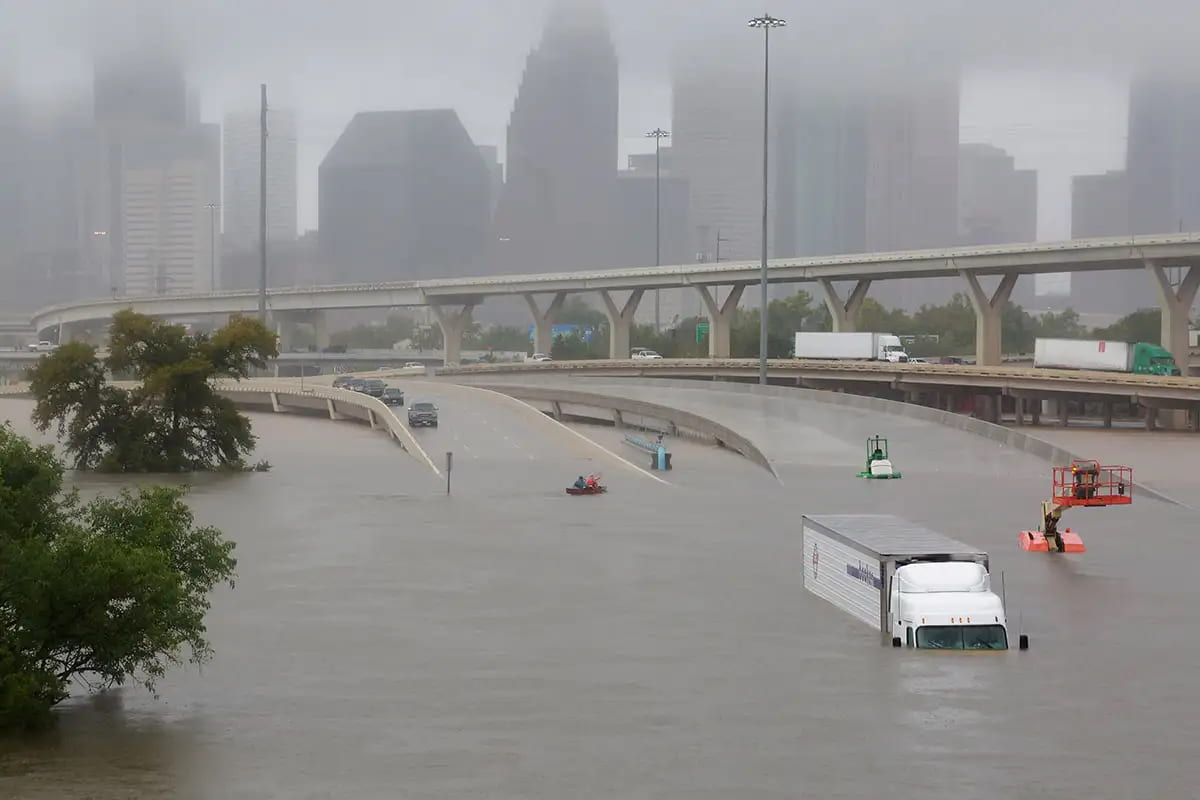We are coming up on 300 registrations for our upcoming conference “Climate Science: The Good, The Bad, and The Wicked,” and if you have not registered yet, you can still do so up until this coming Sunday, September 3. The Meadows Center has not held a conference since pre-COVID, so it will be exciting, and we are very much looking forward to it.
Our theme involves how climate issues are wicked in so many ways, from the complexity of Earth systems to the complexity of human systems. On the human side, dealing with the problem of a changing climate in the 21st century and beyond is plagued by the wicked characteristic that stakeholders hold different views and frameworks for understanding the problem. There are so many facets and contributors to climate change and climate response, yet no central authority oversees adaptation efforts. Some seeking “a solution” are also causing the problem, and some policies might even make things worse because some of these policies are not well-informed regarding how Earth systems work.
Collaboration, from Groan Zone to Growth Zone – but what about wicked problems, problems that are so complex there is no simple solution? Source: Integration and Implementation Insights
Let’s have a look at what we do know about climate impacts in Texas:
- We have been relying on the “drought of record” being safely behind us, in the 1950s. Depending on how you categorize drought, 2011 was worse, and what about this summer? We will not know until the year is over, but it’s not looking great. Droughts will continue to become more severe, surpassing the magnitude of megadroughts seen in the last thousand years.
- These intensified droughts will profoundly impact surface water, that is, the water we need to live and grow food, the water that underpins our very economy, and the water that more of us will be competing for as the population of Texas continues to grow. Numerous cities in Texas have experienced water restrictions this year.
- Drought, coupled with higher temperatures, increases the likelihood and severity of wildfires. Governor Abbott has declared three-fourths of Texas as wildfire disaster areas this year.
Texans are famous for loving barbeque, but not like this. Source: The Atlantic
- Heat is killing people in Texas. In 2022, Texas had the highest annual death rate from heat-related causes in two decades. And it is only getting hotter.
The Heat-Related Illness and Temperature map as of June 27, 2023. The map shows the rate of emergency department visits associated with heat-related illness per 100,000 emergency room visits by region (as defined by the U.S. Department of Health and Human Services). Source: Centers for Disease Control and Prevention
- As temperatures continue to rise, hurricane wind speeds and rainfall rates will increase in severity.
- A combination of sinking land and rising sea level will impact flood severity, affecting humans in coastal communities and endangering animal populations relying on these wetlands.
Water. Too little or too much is a strengthening trend. Source: New Scientist
These statistics are just glimpses into the significant effects we will continue to experience to a greater degree. In the face of these obstacles, a holistic and interdisciplinary approach becomes imperative. It’s time to confront this reality and prepare for what lies ahead. How do we bridge differences in thought and perspective and come together to confront this global issue? How do we look at the big picture instead of focusing on things like recycling and shorter showers – simple and comforting, yet likely inadequate solutions?
Partner on Management
The National Park Service (NPS) Climate Change Response Strategy, published in 2010, outlined six principles for effective climate response management. One of the key principles includes building “connections across disciplines and organizations.” In other words, the human connection will be a pivotal component to effectively understand, address, and adjust to current and “cascading effects” of climate change, as NPS phrases it.
The importance of partnering is increasingly recognized.
The Meadows Center for Water and the Environment is contributing to the implementation of this key principle by hosting the “Climate Science: The Good, The Bad, and The Wicked” conference bringing together a diverse group of stakeholders, speakers, and community members to support coordinated, collaborative action to address the challenges posed by the climate crisis. This event, which will be held on September 7 on the Texas State University campus, will address several issues facing Texas, specifically. It will also create a framework for dialogue, collaboration, and opportunities to link stakeholders and community members.
Join the Conversation
The Meadows Center invites you to join the conversation!
This conference will provide a multifaceted view of conversations required to inform resource use policy, prevent unintended consequences of under-informed policy, and construct a new narrative and paradigm for approaching climate impacts. Partnerships between all stakeholders, including businesses, environmental organizations, practitioners, educators, and community members. are at the heart of this conference, and the Meadows Center invites you to join the conversation.
For more information on the conference and to register for “Climate Science: The Good, The Bad, and The Wicked,” visit www.TheMeadowsCenter.com. It’s time to build authentic climate resilience.
